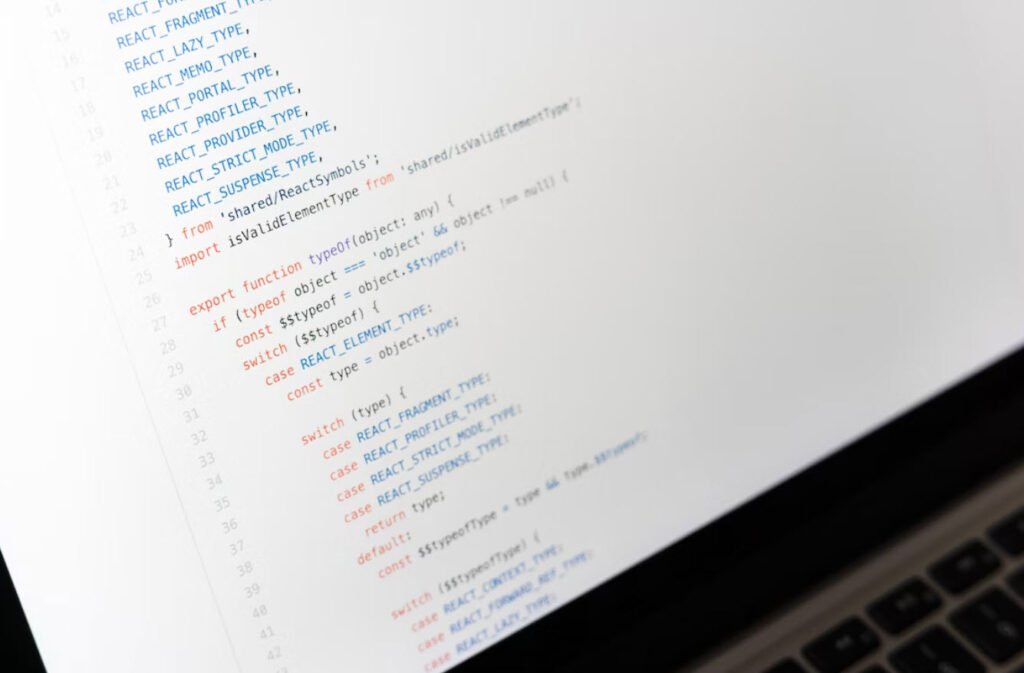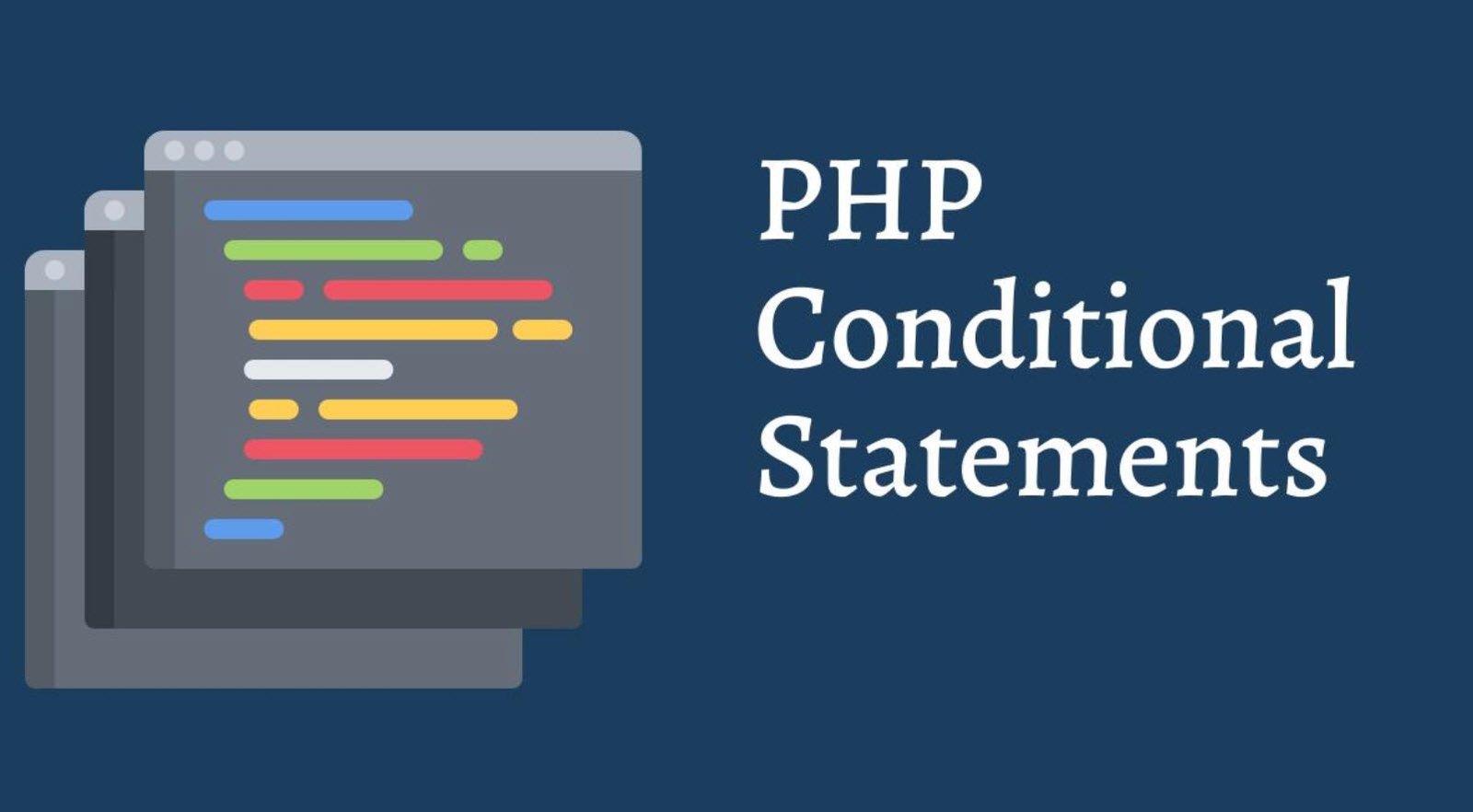
In PHP, logical operators play a crucial role in evaluating and combining conditions to control the flow of a program. These operators allow developers to perform negation, conjunction, and disjunction operations on boolean expressions.
Let’s explore PHP’s logical operators and understand their functionality.
! (NOT):
The negation operator, represented by ‘!’, also known as the NOT operator, is a unary operator that returns the opposite boolean value of the operand. For example, !$b returns true if $b is false, and vice versa. It negates the truth value of the expression.
&& (AND):
The AND operator, denoted by ‘&&’, returns true if both the left and right operands are true. It evaluates the expressions on both sides and returns true only if both are true. For instance, $a && $b returns true if both $a and $b are true; otherwise, it returns false.
|| (OR):
The OR operator, represented by ‘||’, returns true if at least one of the left or right operands is true. It evaluates the expressions on both sides and returns true if either $a or $b or both are true. If both operands are false, it returns false.
and (AND with Lower Precedence):
The AND operator, written as ‘and’, has the same functionality as ‘&&’. However, it has a lower precedence, which means it is evaluated after other operators. It is recommended to use ‘&&’ for better readability and to avoid potential confusion.
or (OR with Lower Precedence):
The OR operator, written as ‘or’, has the same functionality as ‘||’. Similar to ‘and’, it has a lower precedence. It is advisable to use ‘||’ for clarity and consistency.
xor (Exclusive OR):
The XOR operator, denoted by ‘xor’, returns true if either $a or $b is true, but not both. If both operands are true or both are false, it returns false. For example, $a xor $b returns true if either $a or $b is true, but not if both are true or both are false.
These logical operators are fundamental in implementing conditional statements, making decisions, and controlling the flow of a PHP program. They allow developers to evaluate multiple conditions simultaneously and perform logical operations on the results.
It’s important to consider the precedence of logical operators when combining them with other operators in complex expressions. Parentheses can be used to group conditions and control the order of evaluation.
In conclusion, PHP’s logical operators (!, &&, ||, and, or, xor) are essential tools for evaluating conditions, performing logical operations, and controlling the flow of a program. By utilizing these operators effectively, developers can create robust and dynamic PHP scripts, implement conditional statements, and make decisions based on logical evaluations.
You may also like:- 22 Useful JavaScript Functions You Need To Know
- CSS3 nth-child Selector – A Comprehensive Guide
- PHP Loops – A Comprehensive Guide
- Different Types of Functions in PHP
- Various String Types in PHP – Utilizing ctype Functions
- Understanding Conditional Statements in PHP
- Mastering PHP Arrays – A Comprehensive Guide
- Exploring Strings in PHP – A Comprehensive Guide
- Performing CRUD Operations with PHP and MySQL
- A Guide to PHP File Operations – Opening, Reading, Creating, Writing, and Closing Files








